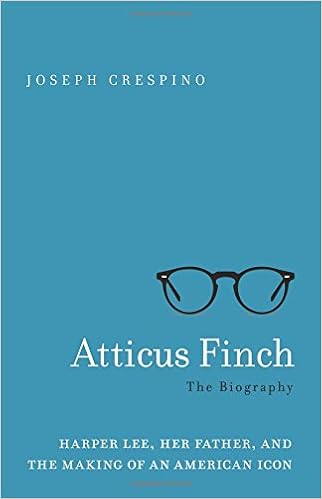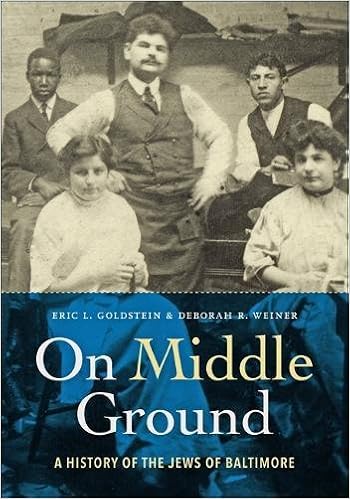
Jimmy Carter Professor of History and Department Chair Joseph Crespino recently authored a piece in The Washington Post on the Broadway adaptation of Harper Lee’s novel To Kill a Mockingbird. Crespino, who published Atticus Finch: the Biography with Basic Books in 2018, discusses the current production in the context of the 1962 adaptation of Lee’s novel as an award-winning film. The play is written by Aaron Sorkin and stars Jeff Daniels, and it has set box office records since opening in mid-December. Read an excerpt of Crespino’s piece below and the whole article here: “The ever-shifting hero of ‘To Kill a Mockingbird’: How will Broadway change Atticus Finch?”
“…Sorkin has the difficult task of pleasing throngs of Lee devotees while also making the story relevant to contemporary audiences. Can Sorkin avoid writing another white savior narrative? Can he acknowledge the agency of Calpurnia and Tom Robinson, the African American characters in the story? If he muddies the character of Atticus too much, will he run afoul of Lee’s estate, inviting further legal action? And how does he present the racism that was pervasive in the 1930s South to a new generation of Americans accustomed to trigger warnings and safe spaces?
Given the challenges, Sorkin and crew would do well to recall the definition of courage that Atticus gave to his son Jem: ‘It’s when you know you are licked before you begin but you begin anyway and you see it through no matter what. You rarely win, but sometimes you do.’”

